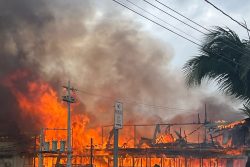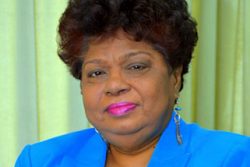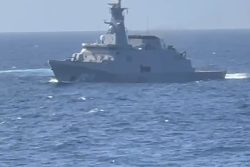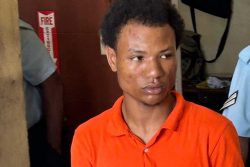First Lady, Sandra Granger, along with several Ministers of Government, travelled last month to Brazil on a Food and Agriculture Organisation of the United Nations (FAO/UN) mission to learn and exchange views on experiences in sustainable school feeding.
According to a FAO/UN press release, school feeding has been mandatory in primary and secondary schools in Brazil since 1955, but in 2009, a new policy was introduced to establish a 30% minimum quota of procuring organic agricultural products from local farmers. This has obliged inter-disciplinary cooperation across line departments of education, health and agriculture to support local farmers in introducing organic farming and supplying schools with quality produce of nutritional value. To date, an average of 25% of local procurement has been achieved countrywide.
After comprehensive presentations on the sustainable school feeding programme at the national, state and municipal levels by representatives of the National School Feeding Programme (PNAE) and by the authorities of Vitoria, the release stated that the mission visited a primary/secondary school and a day care centre/nursery school to observe the management of the school feeding programme.
On the second day, a visit was made to the town of Santa Maria de Jetiba where the team briefly met with the Mayor and Secretary of Agriculture of the town, following which, accompanied by the Secretary of Agriculture, it met with members of a farmers’ cooperative that supplies agricultural produce to the school feeding programme and toured Alta Santa Maria, where most of the small family farms are located, the release said.
According to the release, the Mission was particularly amazed by the demonstration of the strong and dynamic engagement and ownership displayed by the communities, teachers, parents, cooks, students and farmers in driving the sustainable school feeding programme, the release stated. Women’s participation and leadership from community level up to the municipality level was also very visible.
The release stated that in the coming weeks, the mission members from the Government and the UN system will work together to examine how lessons learnt and experiences shared could be used to strengthen Guyana’s school feeding programme with applicable good practices from the Brazil experience.









